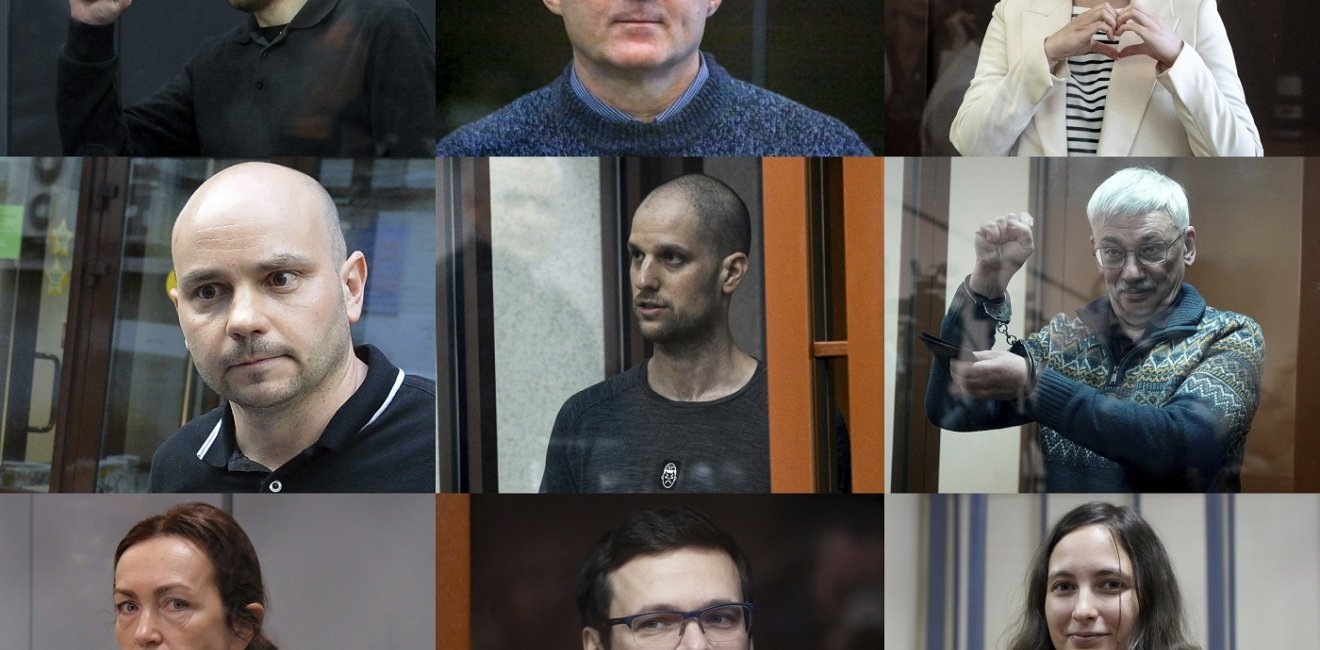WASHINGTON – The Wilson Center is a unique institution in American foreign policy. Congressionally chartered, scholarship driven, fiercely independent and nonpartisan. Our special status brings with it certain obligations: to not duplicate what others are doing, but instead to prioritize the most important issues —the issues that matter most to America and the values we hold dear.
The United States together with European partners negotiated a successful prisoner swap with Russia to release more than a dozen detainees including Wall Street Journal reporter Evan Gershkovich, former US Marine Paul Whelan, pro-democracy activist Vladimir Kara-Murza, and RFE/RL journalist Alsu Kurmasheva, and other hostages. This is one of the largest prisoner exchanges between the US and Russia since the Cold War.
“The Wilson Center welcomes the release of US citizens Evan Gershkovich, Paul Whelan, Alsu Kurmasheva, and US resident Vladimir Kara-Murza who were unjustly detained and held hostage in Russia by Putin and the Kremlin”, said Wilson Center President and CEO Ambassador (ret.) Mark A. Green. “Putin's use of taking hostages to further his own agenda is abhorrent. We must ensure that the international community does not reward such behavior and continues to hold Putin and the Kremlin accountable for their nefarious activities.”

Kennan Institute
The Kennan Institute is the premier US center for advanced research on Eurasia and the oldest and largest regional program at the Woodrow Wilson International Center for Scholars. The Kennan Institute is committed to improving American understanding of Russia, Ukraine, Central Asia, the South Caucasus, and the surrounding region through research and exchange. Read more


Global Europe Program
The Global Europe Program is focused on Europe’s capabilities, and how it engages on critical global issues. We investigate European approaches to critical global issues. We examine Europe’s relations with Russia and Eurasia, China and the Indo-Pacific, the Middle East and Africa. Our initiatives include “Ukraine in Europe”—an examination of what it will take to make Ukraine’s European future a reality. But we also examine the role of NATO, the European Union and the OSCE, Europe’s energy security, transatlantic trade disputes, and challenges to democracy. The Global Europe Program’s staff, scholars-in-residence, and Global Fellows participate in seminars, policy study groups, and international conferences to provide analytical recommendations to policy makers and the media. Read more






